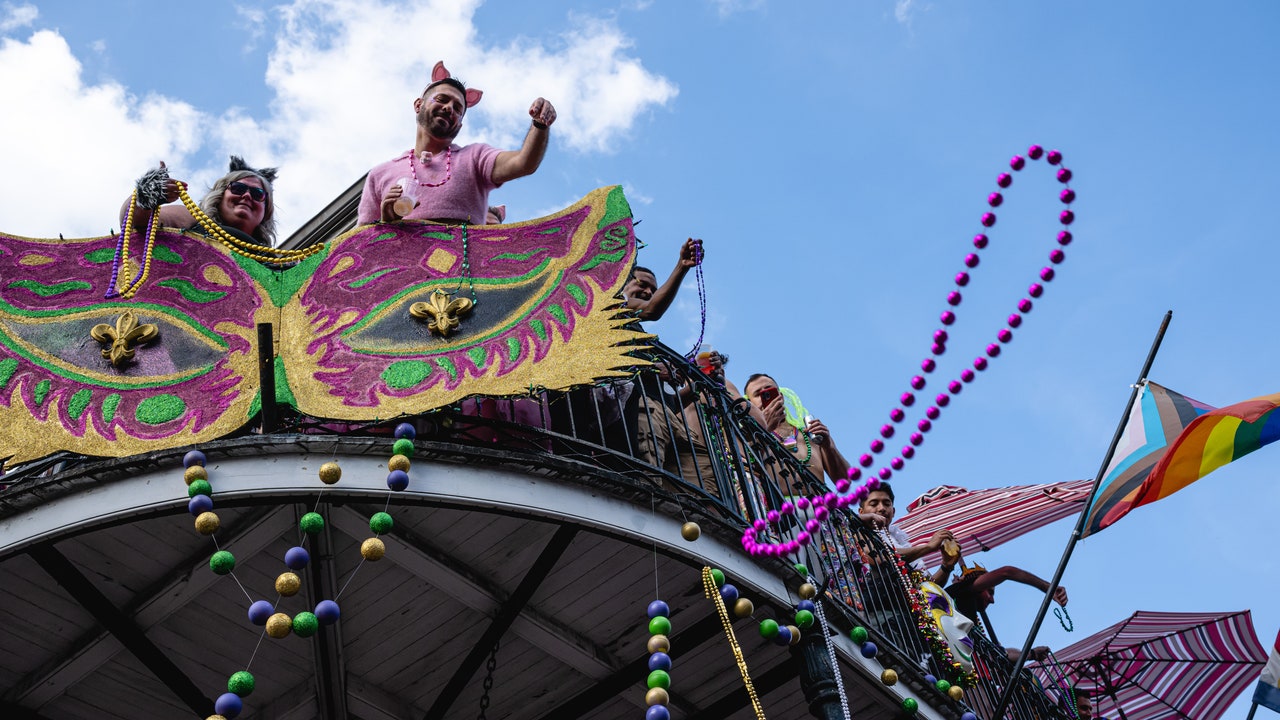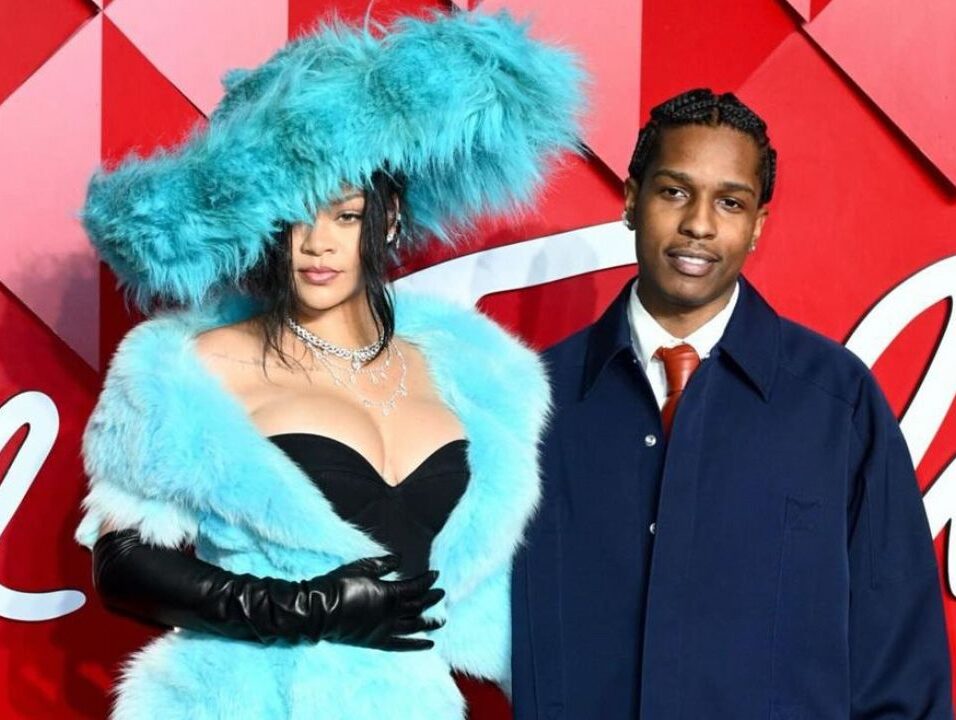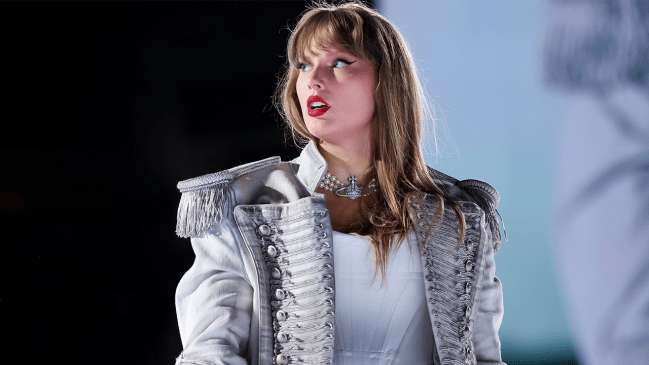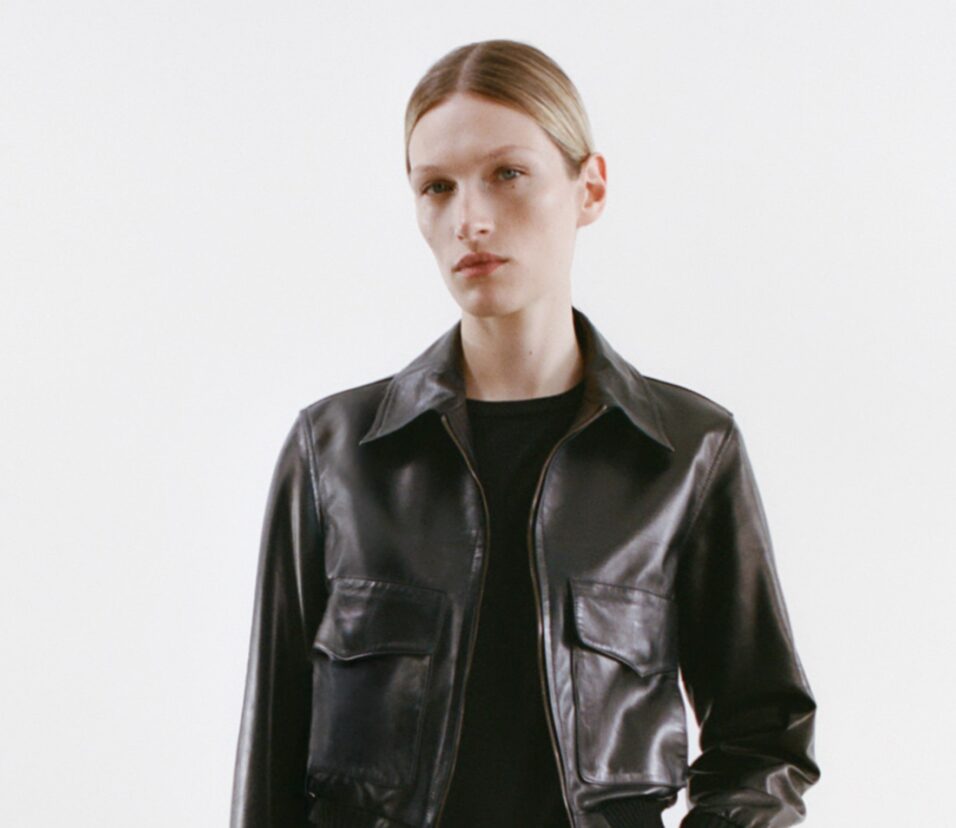Homosexual Mardi Gras: A Transient Historical past of the Queer Carnival
In Unutilized Orleans, the spirit of Mardi Gras extends some distance past a unmarried generation. Kicking off in January, on 12th Night time, the legit end of the Christmas season brings with it no longer wintry weather doldrums and the pretense of wellness underneath the guise of “new year, new me” resolutions, however in lieu a line of occasions marvelously steeped in historical past and revelry in equivalent portions.
These days vacationers and locals matching flock to downtown Unutilized Orleans to partake in events, parades, 2nd strains and dress contests to mark a season when the useless of wintry weather provides technique to the while of debauchery and hedonism, all culminating in a last climax at Mardi Gras, before a period of austerity and mirrored image right through Lent. Year queer celebrations had been thriving at the sidelines of the city’s main events for decades, this present day the occasions have transform a lot more intently mingled. However how did the Catholic leisure, the timing of which is still very much ruled by the church calendar, transform so deeply intertwined with queer historical past and celebrations? Let’s talk about:
A forgotten, but intertwined historical past
The earliest written records of Mardi Gras and Carnival celebrations in New Orleans date back to the 1730s, and describe revelry of a wide variety on Mardi Gras Month, even together with descriptions of men dressing up in what we now know as drag. However the birthday party got here to an abrupt halt after Louisiana’s first criminal code was enacted, and with it, its first anti-sodomy law in 1805, the continuing restrictions of homosexual tradition to the margins of folk quickly adopted.
As the growth of the atmosphere’s legal code persevered into the center of the 20 th century, homosexuality, and with it the immense and sundry expressions of queer identification, were actively criminalized within New Orleans and throughout the USA thru laws that explicitly prohibited homosexual behavior and tacitly thru a tradition of discrimination and homophobia.
It was once on this condition, and within the wake of McCarthyism and the Lavender Scare, that Unutilized Orlean’s first homosexual Mardi Gras krewes, social organizations that level parades or festivities for the Mardi Gras season, had been born. Began in 1958, the Krewe of Yuga was once the primary homosexual krewe to method, regardless that it was once forced to fold after only a handful of party seasons after being plagued by the terror of police raids and public humiliation tactics from the city’s press. The Krewe of Petronius rose in its wake in 1961, and remains to be the oldest active gay krewe now celebrating its 62nd Carnival season.
Welcome to the ball
Greater than only a playground to prepare events and parades, those krewes shaped the understructure of mutual aid a few of the queer folk of Unutilized Orleans. Those teams supplied a sense of safe haven for the town’s LGBTQ+ nation, a playground to seek out sources, bodily protection, subject material help, and simply as importantly, a folk of pals. Within the Nineteen Eighties when AIDS devastated the rustic’s queer communities, the krewes turned their fundraising prowess to form and fund hospice houses.






Leave feedback about this